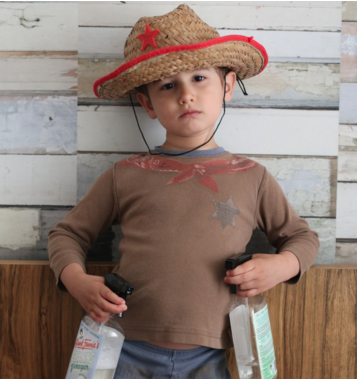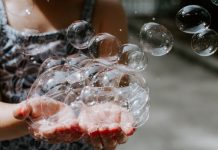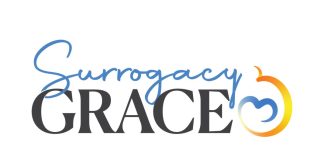Did you know that 70% of the chemicals in cleaning products have NOT been tested for their effects on human health? I didn’t either, I thought that if I used products with “plant based chemicals” we were safe. It was when I became a father that I became acutely aware of the detrimental effects of the chemicals in my home.
{We’d like to thank Mat for sharing his story and thank his company, Aunt Fannie’s for sponsoring this post. We know many of our readers are interested in safe, chemical-free cleaning products for your home, and we tried their cleaner personally and give it a thumbs up!}
 Unfortunately, it was my son who informed me of these effects. He began to have stomach problems, eczema and mood swings, all of which we were told were completely ‘normal’ for children and that he’d outgrow them.
Unfortunately, it was my son who informed me of these effects. He began to have stomach problems, eczema and mood swings, all of which we were told were completely ‘normal’ for children and that he’d outgrow them.
As he grew into toddlerhood, things were getting worse, not better. After persistent doctor visits and constant worry, we discovered he had severe, life threatening food allergies.
We spent the next few years overhauling his menu, rolling through trial and error, eventually removing all processed foods from our diet. Only when we had exhausted all of our options did we discover it wasn’t simply the food, but also the chemicals being used near our food.
One thing I’ve learned is that there is little regulation in the housekeeping product industry. Even “plant derived” and “natural” mask a plethora of chemicals. We don’t need to go to such chemical extremes to protect our children from bad bacteria.
That’s why I created Aunt Fannie’s line of entirely safe cleaning vinegars. Throughout history, vinegar has kept people alive by preserving food and killing bacteria. The only problem with vinegar is that traditionally it doesn’t smell so nice.
Our multipurpose cleaners have no vinegar smell and are infused with garden grown herbs and farm fresh fruits that are good for your body and smell incredible.
But just like vinegar, they are entirely edible so you can spray them on high chairs, clean your fruit with them and even let the little ones spray and clean with you!
Cleaning that is 100% safe is important to me and my son. And I know it’s important to you and your family, too.
Special offer for Portland families
As a national brand that just relocated our company headquarters to Portland, we’re excited to be a part of Oregon’s thriving natural products community. As your new neighbor we’d love for you to try our products with code pdxmom15 at checkout for 15% off your order at auntfanniesco.com.
Our products can also be found in Whole Foods, True Value Hardware, Bed Bath & Beyond, Jet.com (and soon to be New Seasons Market)!
Learn more
Here are some interesting facts you probably don’t know about vinegar!

After discovering his son was ill due to chemicals used pervasively in our world, Mat founded Aunt Fannie’s to develop natural, non-toxic cleaning and pest solutions derived from food-based ingredients. Specifically, his focus has been to increase chemical awareness, minimize chemical contamination in our lives, and improve both commercial and home kitchen experiences.




















While I appreciate your attempt at providing an alternative to harsher cleaners, it is actually false claims and advertising to market this as chemical free, unless you are advertising true vacuum cleaners.
Vinegar consists of acetic acid (CH3COOH)(about 5 to 20%), water(H2O) and trace amounts of other chemicals depending on the actual fermentation process and filtering.
By infusing the solution with herbs and such you are actually adding more Volatile Organic Chemicals (VOC) that may or may not aggravate others.
Acetic acid still has a toxicity level that is lower than many other common household items, again the dose makes the poison.
Do you have a valid citation on the 70% claim on the testing of chemicals? I find that very hard to believe.
Comments are closed.